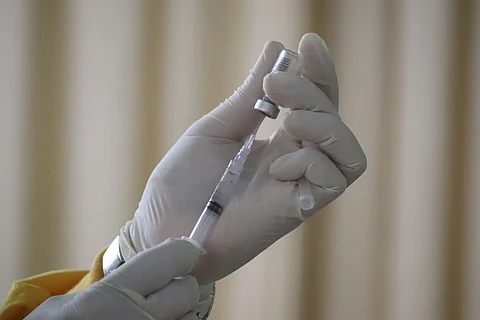
- NEWS
- the EDIT
- COMMENTARY
- BUSINESS
- LIFE
- SHOW
- ACTION
- GLOBAL GOALS
- SNAPS
- DYARYO TIRADA
- MORE

In a report by The Guardian, an experimental vaccine targeting one of the most common genetic drivers of hard-to-treat pancreatic and colorectal cancers prevented their recurrence, raising hopes for an “off the shelf” treatment that can train the immune system to attack malignancies.
“This was a trial all of us in the medical oncology world have been waiting for,” said Tracy Proverbs-Singh, an oncologist at Hackensack Meridian’s John Theurer Cancer Center.
“We’re trying to gradually get away from chemotherapy in this disease, as they have somewhat successfully in lung cancer and breast cancer,” said Zev Wainberg, co-director of the UCLA GI Oncology Program and one of the lead authors. “I think we’re headed there.”
Researchers administered the shot, called ELI-002 2P, to 25 patients who’d received conventional treatments but still had small amounts of cancer left in their bodies and were at high risk of relapse.
Half of patients had no relapse by 16.3 months, and median overall survival was 28.9 months — both exceeding historical norms, per the study in Nature Medicine. The greatest benefit was seen in patients who had strong T cell responses.
At the 20-month mark, 17 of the 25 patients had strong immune responses with 11 of those patients having no recurrence and six having delayed recurrence. The latter successfully underwent further treatment.
“All the 17 were still alive which is why we think there’s optimistically, something real going on here, because that’s much better than what we might have expected historically,” said Wainberg.
This is still a small Phase 1 trial and will require a more robust randomized controlled trial.
